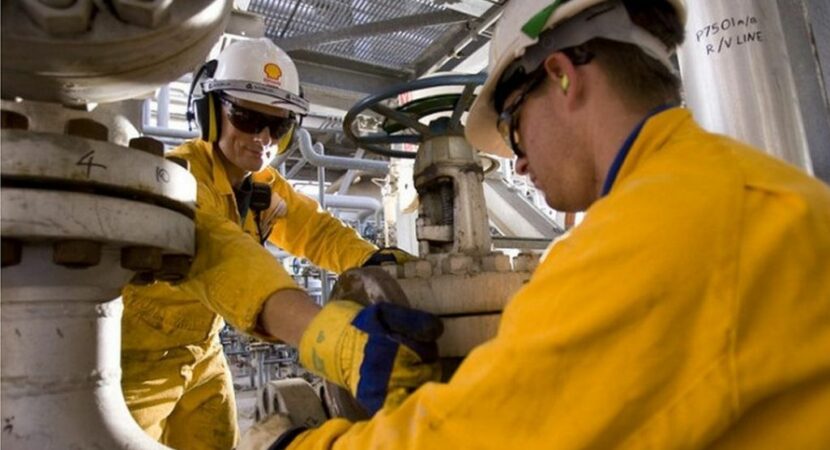
Shell employs 83 people worldwide and has announced plans to cut up to XNUMX jobs as part of a cost-cutting overhaul.
Oil giant Shell today announced plans to cut up to 83.000 jobs or more than 2 percent of its workforce worldwide. The oil and gas giant, which has around 2022 global employees, said the reorganization will lead to annual savings of up to £XNUMXbn by XNUMX. The big winners for providing maintenance and repair services for Petrobras platforms will be chosen on October 2
Read also
- Aker signs a millionaire contract with Equinor and will manufacture ANMs in Brazil for the development of the oil field in the North Sea
- Facts revealed in Operation Lava Jato may remove Golar Power from the dispute for Petrobras' Liquefied Natural Gas terminal in Bahia
- Shell to cut spending on oil and gas projects and focus on renewable energy market
- Shell to enter Brazil's offshore wind market: "a matter of time"
The company said the job cuts are part of a key cost-cutting program after the business was hit by slumping oil demand and a subsequent drop in prices.
Shell last month launched a review of its business aimed at cutting costs deeply as it prepares to restructure its operations as part of a shift to low-carbon energy.
The Anglo-Dutch company said it expected to cut 7 to 9 jobs by the end of 2022, including 1.500 employees who agreed to voluntarily lay off this year.
In an operations update, Shell also said its oil and gas production is expected to drop sharply in the third quarter to around 3.050 barrels of oil equivalent per day.
The company said this was due to reduced production as a result of the Covid-19 crisis and hurricanes in the Gulf of Mexico that forced the closure of offshore platforms.(check the details here)
Cost reduction
In 2019, the total cost of operations across the company was around £30 billion, and company CEO Ben van Beurden wants to save £3,1 billion by the end of March 2021.
“We had to act quickly and decisively and make some very tough financial decisions to ensure we remain resilient, including cutting dividends,” Beurden said. “But as difficult as they were, they were the right choices to make. And Covid-19 hit us in another way. Unfortunately, we lost six employees and six contracted colleagues to the virus,” adds the executive.
“We have to be a simpler organization, more agile, more competitive, more agile and able to respond to customers. To be more agile, we have to remove a certain amount of organizational complexity.” ends.
According to Van Beurden, the company is looking at a number of other areas where it can cut costs, such as travel, the use of contractors and virtual working.
He said the pandemic has shown the company can adapt to work in new ways, but he stressed that "a big part of the cost savings for Shell will come from having fewer people".
Shell is considering concentrating its oil and gas production in a few key hubs, such as Nigeria, the Gulf of Mexico and the North Sea, and reducing costs at its 45.000-station network of gas stations.
In a statement, Shell said: “The reduced organizational complexity, together with other measures, is expected to generate sustainable annual cost savings of between $2bn (£1,6bn) to $2,5bn (£2bn). billion) by 2022”.
This will partially contribute to the announced underlying operating cost reduction of three billion dollars to four billion dollars in the first quarter of 2021.'
Sustainability
Energy companies are under increasing pressure from investors and governments to help the world move away from fossil fuels.
Rival BP has drawn up extensive plans to invest in renewable technology and reach a target of "net zero" carbon emissions by 2050 under new boss Bernard Looney.
In June, the BP said it was cutting about 10.000 jobs from its workforce to deal with the impact of the virus.
Some analysts believe fuel demand will never recover to 2019 levels after plummeting during the pandemic - which grounded planes, took cars off the road and brought industry to a halt.
Oil prices plummeted from around $66 at the start of the year to $19 – and are still around $39 now.












